More Coverage
Twitter Coverage
Satyaagrah
Written on
Satyaagrah
Written on
Satyaagrah
Written on
Satyaagrah
Written on
Satyaagrah
Written on
JOIN SATYAAGRAH SOCIAL MEDIA
ISRO mum on 684 staff dead: 197 suicides and 1,733 deaths at India's nuclear establishments in last 15 yrs
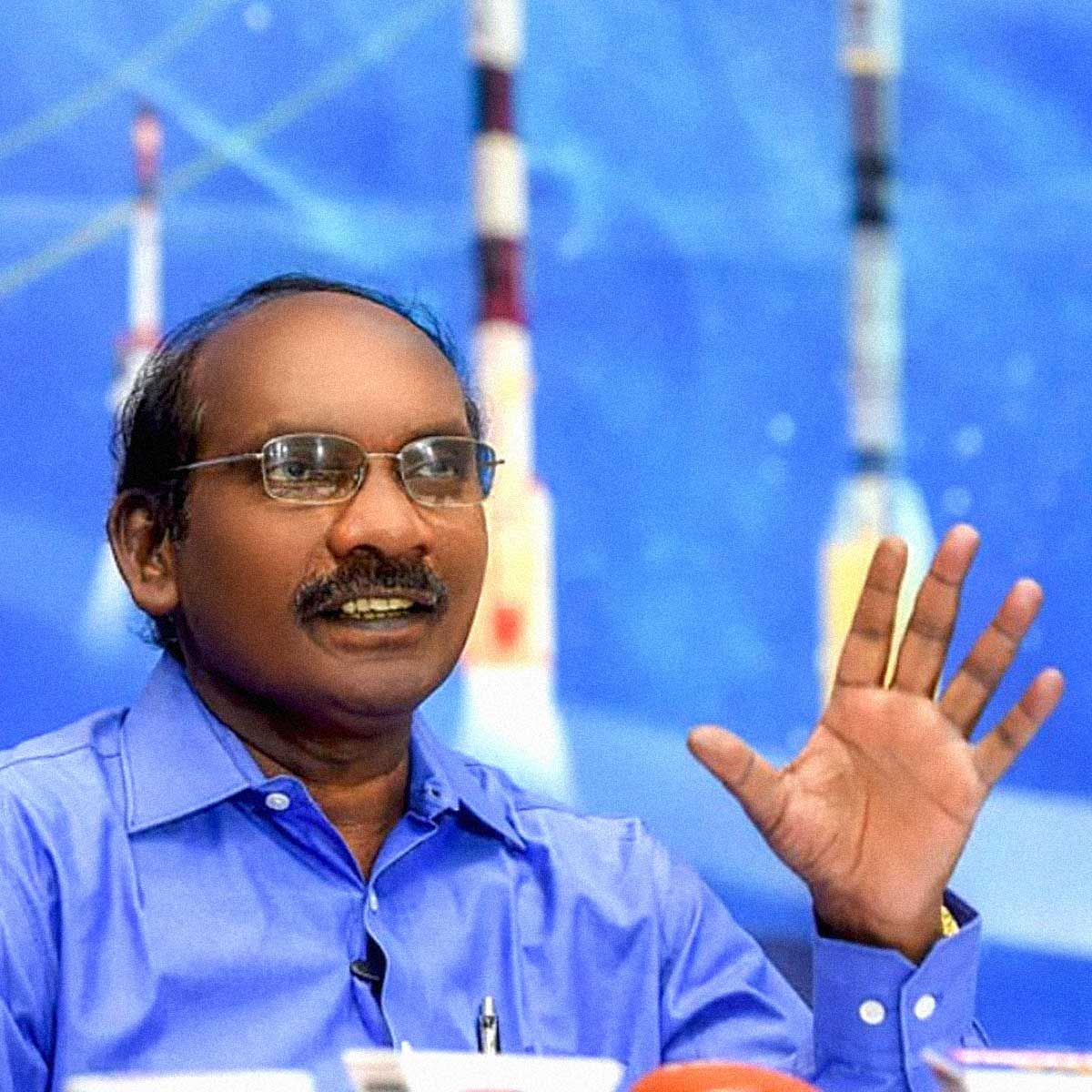
Any person who runs a business venture knows well that keeping the workforce happy and satisfied is important. In doing so, we need to make sure all their basic needs are met. Any person who is even faintly interested in human psychology or organisational management would tell you of the importance of Maslow’s need hierarchy theory.
One of the basic themes in this theory comprises covering an employee’s safety and security needs. This includes providing a safe environment and assurance against any major problem or calamity that may befall the employee in the course of his employment. Employers are also expected to forewarn employees about the possible hazards they may face on their job, so that employees can take necessary precautions. It is therefore important that the government as an employer also takes into account the security of its employees – especially if they are associated with the functioning and upkeep of India’s nuclear programme.
On Monday February 27th, 2012, WikiLeaks began publishing The Global Intelligence Files, over five million e-mails from the Texas headquartered "global intelligence" company Stratfor. The e-mails date between July 2004 and late December 2011. They reveal the inner workings of a company that fronts as an intelligence publisher, but provides confidential intelligence services to large corporations, such as Bhopal's Dow Chemical Co., Lockheed Martin, Northrop Grumman, Raytheon and government agencies, including the US Department of Homeland Security, the US Marines and the US Defence Intelligence Agency. The emails show Stratfor's web of informers, pay-off structure, payment laundering techniques and psychological methods.Every nuclear facility in the world is closely guarded and wrapped in secrecy. The people engaged in running such facilities are supposed to maintain secrecy, something everyone is well aware of. These nuclear secrets are highly sensitive because if they fall in the wrong hands – like terrorist groups – they can seriously compromise international security and have deadly consequences.
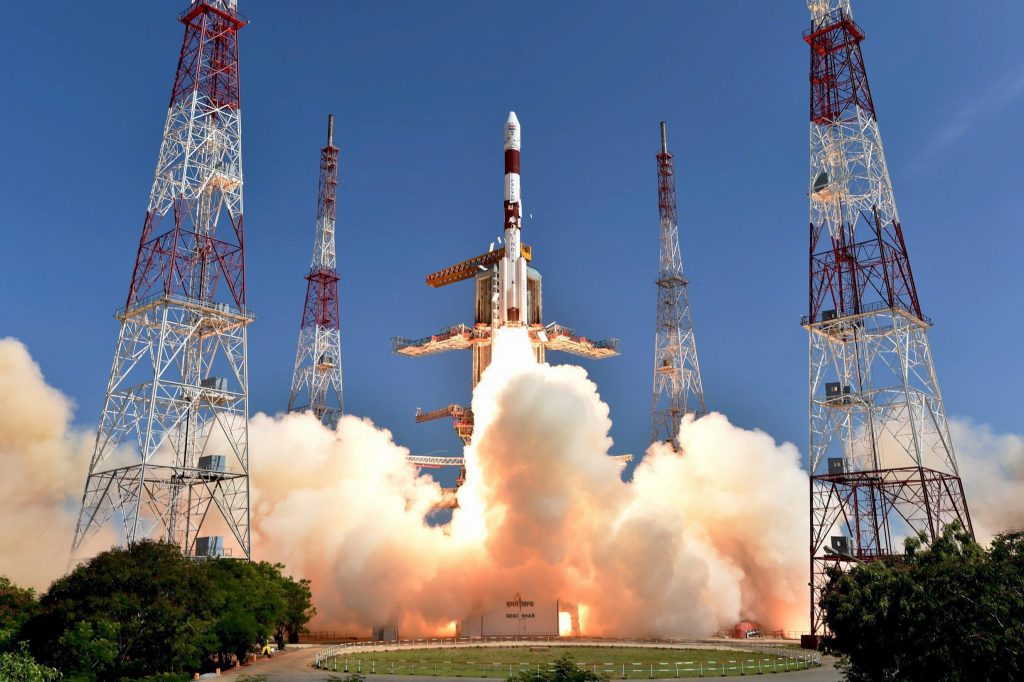 |
ISRO mum on how 684 of its staff died
Source: rediff.com - By Prasanna D Zore | January 13, 2011 01:35 IST
Indian Space and Research Organisation, the principle space research agency of India, does not want to reveal the details about its employees' deaths.
When Mumbai-based Right To Information activist Chetan Kothari tried to find out how many of ISRO's employees had died in the last 15 years at the agency and its associate units, he was provided with a bureaucratic jargon.
Although the agency replied that 684 persons had died in the last 15 years at ISRO and its associate units, it had withheld the cause of their deaths.
"All we know is that at ISRO people have been dying at the rate of 45.6 per year and it does not want to tell the public how have they perished," questioned Kothari.
The figure of deaths at ISRO, excluding its headquarters, in the last 15 years is 387, while at its associate units of ISRO Telemetry, Tracking And Command Centre, Space Applications Centre and Vikram Sarabhai Space Centre and ISRO HQ the figure of dead employees was 297.
"In my appeal, I had emphasised that the identity of the deceased may be withheld to protect the privacy of the families. Giving statistical information on the cause of deaths should not be a problem," said Kothari.
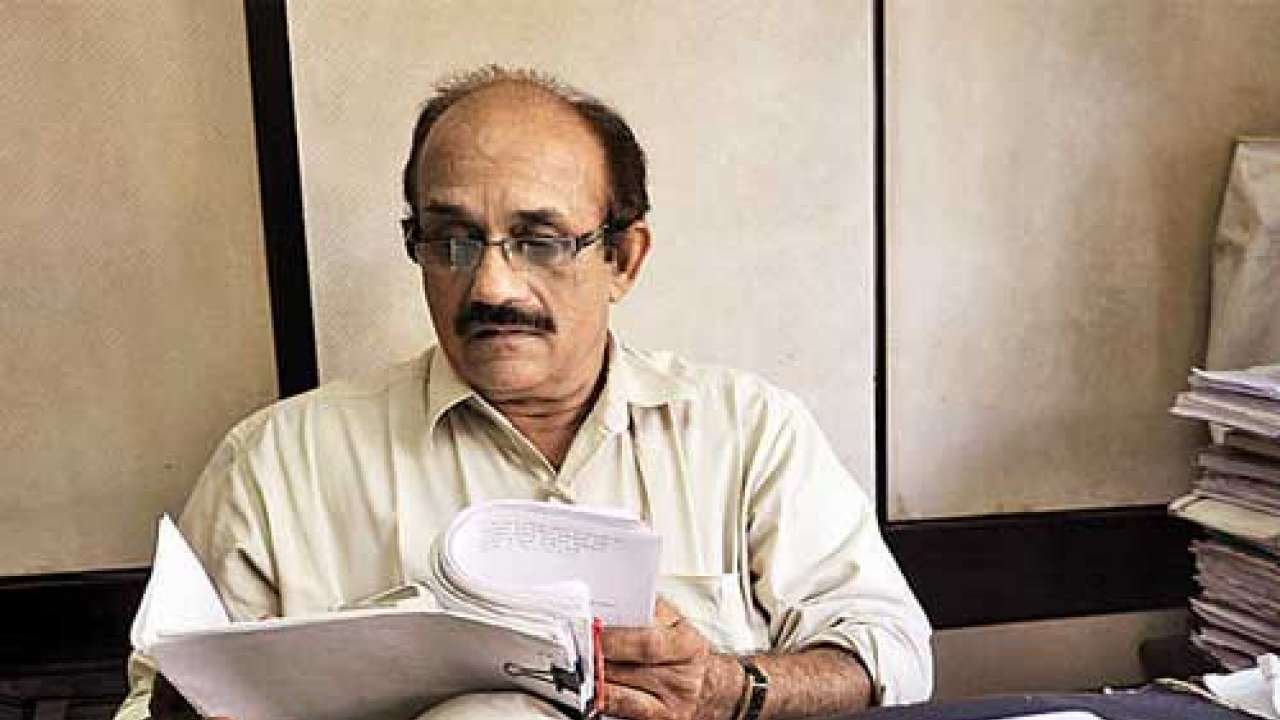 Right To Information activist Chetan Kothari |
Last year, Kothari had obtained similar information from nuclear establishments and related organizations in which all of the government bodies had provided the cause of death. The revelation then had been startling, as it showed that 197 employees had committed suicide across all the nuclear establishments and related institutes in the last 15 years, while 1733 had died of various illness.
"I was informed by the ISRO that the information related to cause of death is not mentioned in the death certificate that is produced by the family members of the deceased to the ISRO. Majority of the government agencies know the cause of their employee's death, but the ISRO claims that it has no idea how its employees died. This is either sheer callousness on the part of the ISRO or attempt to hide facts from the public," said Kothari.
To his query seeking information about satellite launches, the ISRO provided the list of 29 successful launches done at the cost of Rs 14,160 crore.
"The information provided only pertains to the successful launch of satellites. There is no mention of failed attempts," said Kothari.
His efforts to attend the hearing of the first appeal made before the joint secretary at Anatarishk Bhavan at New Delhi was stone-walled despite several reminders. Kothari has now submitted an appeal before the Central Information Commission.
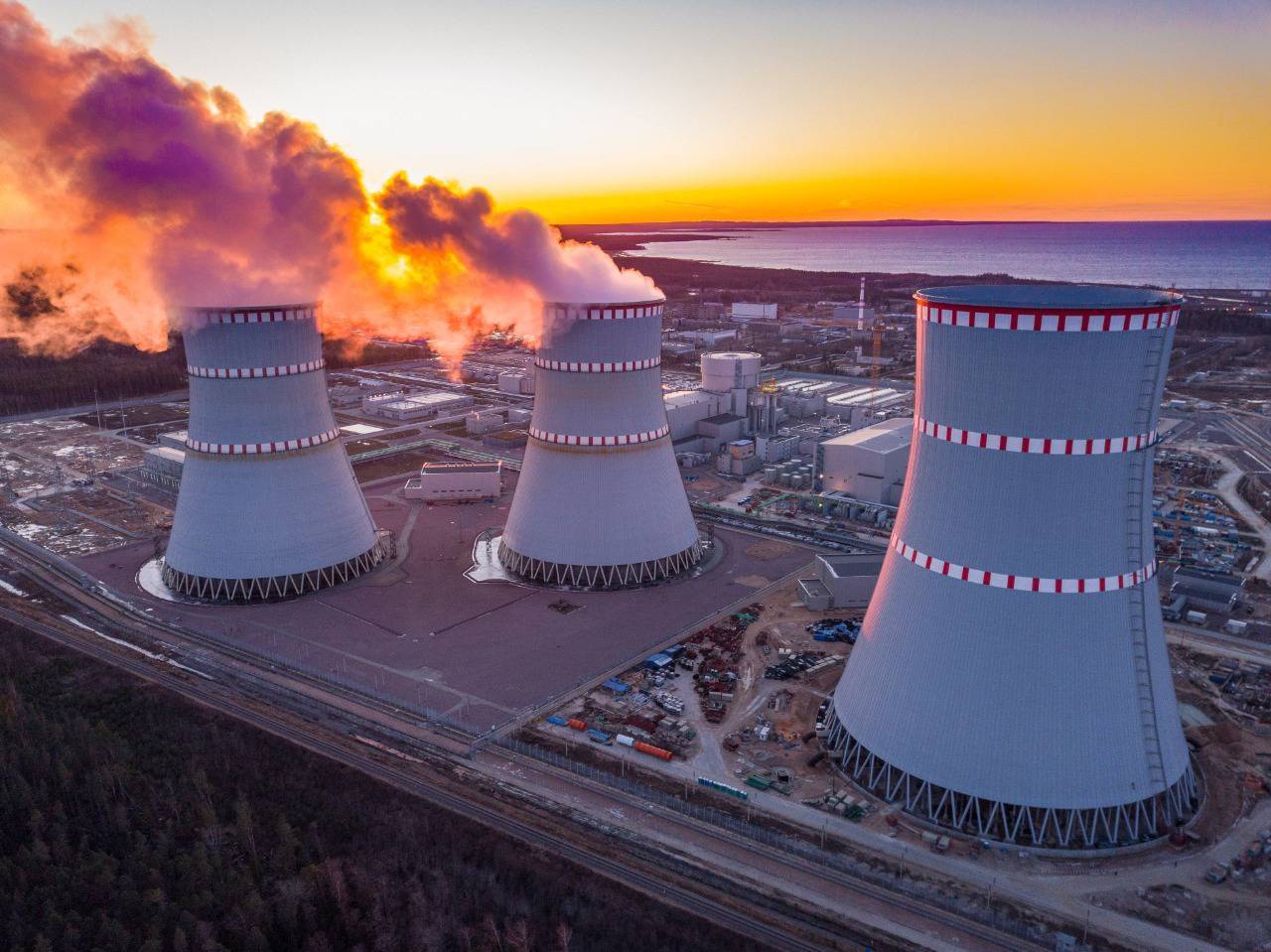 |
197 suicides and 1,733 deaths at India's nuclear establishments in last 15 yrs
Source: news.rediff.com - By N Ganesh | October 04, 2010 18:03 IST
197 employees belonging to a number of nuclear establishments and related institutes in India have committed suicide and 1,733 scientists and employees belonging to these centres have died of illnesses like multiple organ failure, lung cancer, cirrhosis of liver etc, as per a report compiled by Mumbai-based RTI activist Chetan Kothari.
The report based on 175 pages of documents sourced through 32 such centres also reveal that 1,733 employees and scientists from these establishments died due to various illnesses that include cardiac strokes, liver failure, multiple organ failure, tuberculosis, cardio-respiratory diseases, lung cancer, septicemia, cirrhosis of liver, cerebro-vascular dieseases, chronic obstructive pulmonary diseases, mellitus etc amongst a host of other diseases.
Interestingly, some of the RTI documents shown to rediff.com by Kothari did not mention the cause of the death and in some other cases mentioned the cause of death as 'brought dead', which Kothari was explained on the condition of anonymity as those who have committed suicides.
Kothari, after poring through the 175-pages over the weekend told rediff.com that most of the deceased in this report belonged to the 29-50 age group.
Incidentally, one doesn't find the cause of death mentioned as 'due to atomic radiation' against any of the deaths reported in these 15 years at these centres.
The data pertains to the period between 1995 to March 2010 and runs into 175 pages sourced over a period of three months by Kothari.
It was only recently that the news of scientists belonging to the atomic energy fraternity in India committing suicides had been in the news.
The RTI replies from various centres, however, have not dwelled on the reason behind these suicides or how various other illnesses were contracted by the deceased.
The largest number of suicide cases at 74 have been reported from Uranium Corporation of India Ltd, Jharkhand, and those who died of other illnesses mentioned above stood at 203 at this centre.
Bhabha Atomic Research Centre, Mumbai [ Images ], have reported highest number of deaths, at 680, of its employees and scientists due to various illnesses.
The data has been sourced from the Nuclear Power Corporation of India in Mumbai, Bhabha Atomic Research Centre, Tata Memorial Hospital, Department of Atomic Energy, Atomic Energy Rgulatory Board, Saha Institute of Nuclear Physics (Kolkata), Uranium Corporation of India (Jharkhand), Nuclear Fuel Complex (Hyderabad), Indira Gandhi Centre for Atomic Research, Environmental and Industrial safety (Kalpakkam, Tamil Nadu), The Institute of Mathematical Sciences (Chennai), Department of Atomic Energy, Heavy Watyer Plant (Tuticorin), Harish Chandra Research Institute (Allahabad), Institute for Plasma Research Centre (Gandhinagar), Institute of Physics (Bhubaneshwar), Heavy Water Plant in Kota (Rajasthan), Heavy water Pklant, Talcher (Orissa), Raja Ramanna Centre for Advaced Technology (Indore) amongst several others.
It is disturbing that no proper probe is conducted in such circumstances, and no major steps have been taken to safeguard and prevent such incidents in the future. Being abducted or mysteriously killed should not be counted as a “known risk” that a nuclear scientist understands, or as a “work hazard” when he signs his employment contract. As per Maslow’s theory, providing for a sense of safety and security is crucial in not only winning the loyalty of employers, but in making sure that they are dedicated to their work.
The Government of India is certainly not taking this matter seriously, and that is both saddening and deeply disturbing from a national security perspective.
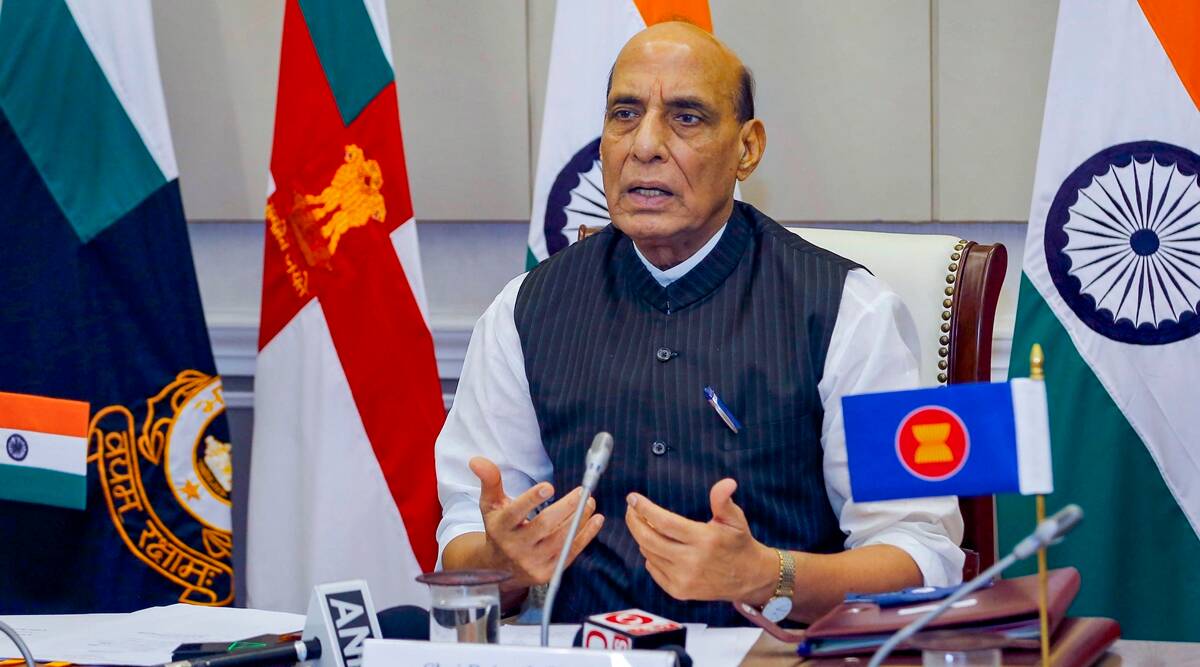 India’s national security challenges becoming complex: Rajnath |
What’s to be done
Iran gave all the important scientists heavy security cover when the systematic killings came to light. Unfortunately, India hasn’t learnt the lessons. There has been next to no media coverage of these deaths and suicides, and the government hasn’t given any security cover to the scientists working on its strategically important projects.
But apparently, losing people who are important to national interest is a thing India seems to be fine with.
References:
wikileaks.org - Animesh
 Support Us
Support Us
Satyagraha was born from the heart of our land, with an undying aim to unveil the true essence of Bharat. It seeks to illuminate the hidden tales of our valiant freedom fighters and the rich chronicles that haven't yet sung their complete melody in the mainstream.
While platforms like NDTV and 'The Wire' effortlessly garner funds under the banner of safeguarding democracy, we at Satyagraha walk a different path. Our strength and resonance come from you. In this journey to weave a stronger Bharat, every little contribution amplifies our voice. Let's come together, contribute as you can, and champion the true spirit of our nation.
 |  |  |
| ICICI Bank of Satyaagrah | Razorpay Bank of Satyaagrah | PayPal Bank of Satyaagrah - For International Payments |
If all above doesn't work, then try the LINK below:
Please share the article on other platforms
DISCLAIMER: The author is solely responsible for the views expressed in this article. The author carries the responsibility for citing and/or licensing of images utilized within the text. The website also frequently uses non-commercial images for representational purposes only in line with the article. We are not responsible for the authenticity of such images. If some images have a copyright issue, we request the person/entity to contact us at satyaagrahindia@gmail.com and we will take the necessary actions to resolve the issue.
Related Articles
- Was Italian family of Sonia Gandhi involved in the Bofors scam: Papers long buried, questions that were never asked
- Wikileaks and 5 lesser know facts of Indira Gandhi: Nuclear technology, corruption and foreign relations
- Mysterious death of Homi Bhabha and new trend started of top Indian scientists dying under mysterious circumstances
- Saam Daam Dand Bhed: How Indira and Sanjay Gandhi pulled off the Maruti scam
- Tragedy or Drama: Mufti Mohammad Sayeed's daughter Rubaiya abduction led to free five most notorious terrorists
- Jawaharlal Nehru University A Centre Of Excellence, But It Must Get Rid Of The Anti-National Forces: JNU at At A Dangerous Inflection Point
- Depth of Soviet penetration in Indian media is exposed through declassified CIA document from 2011
- On 16th Aug 1946, during Ramzan's 18th day, Direct Action Day aimed to provoke Muslims by mirroring Prophet Muhammad's victory at Badr, Gopal 'Patha', the Lion of Bengal, heroically saved Bengali Hindus & Calcutta from a planned genocide, altering history
- Gandhi emphasized that he won't salute Indian National Flag if Charkha is replaced by Ashoka Chakra and wanted British flag added to it
- Narasimha Rao govt brought places of Worship Act as a hurdle in reclaiming ancient Hindu heritage destroyed by Muslim invaders
- Mysterious death of Pandit Deen Dayal Upadhyaya, whose growing popularity was a threat to Congress
- Prophecies of Jogendra Nath Mandal getting real after seventy years of his return from Pakistan
- Speech of Sardar Patel at Calcutta Maidan in 1948 busts the myth of ‘Muslims chose India’ and is relevant even today
- Vinayak Damodar Savarkar – A Misunderstood Legacy
- The legend and a genius that was Jagadish Chandra Bose: Champion of East and West Who Almost Invented the Radio




























